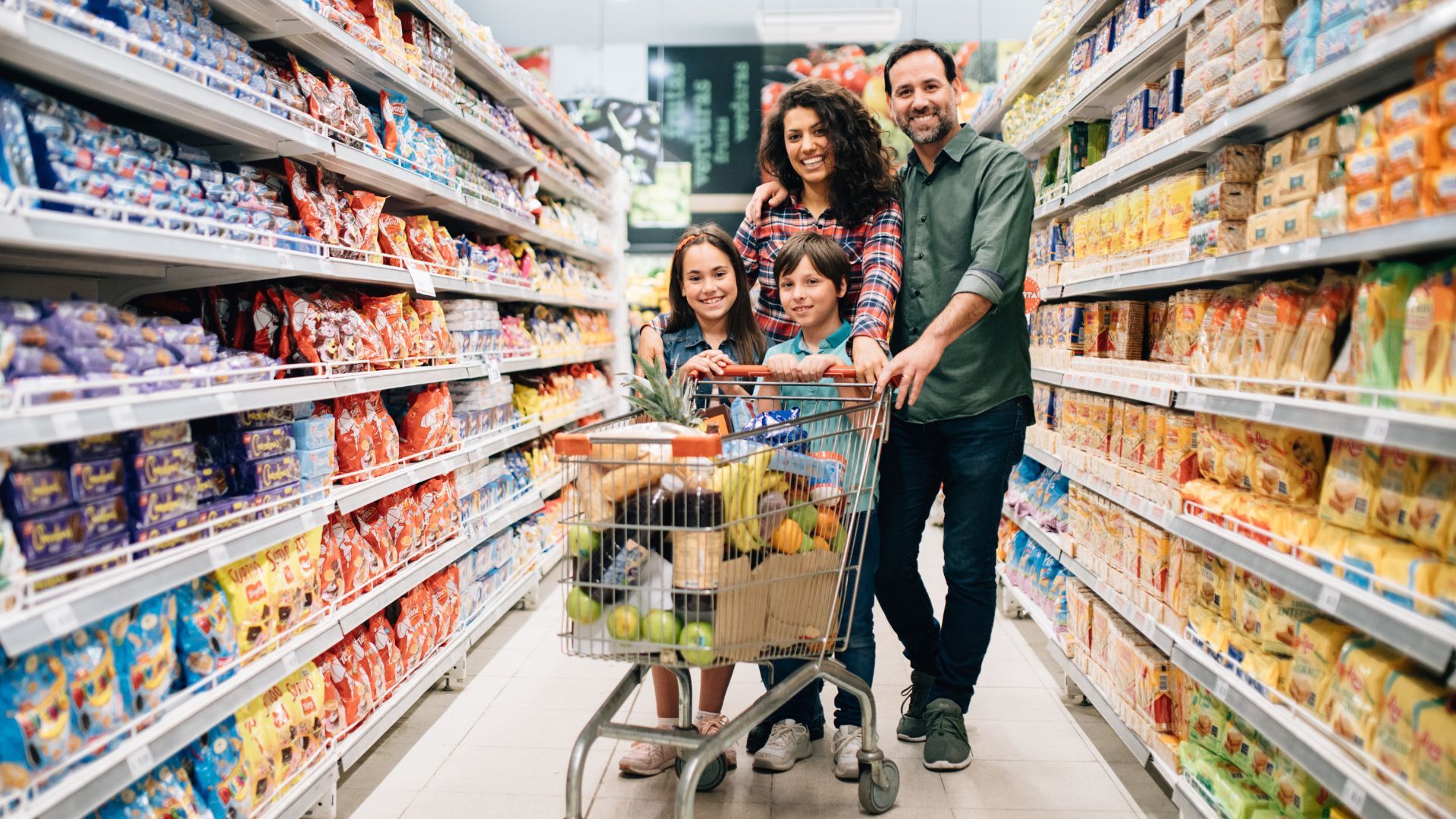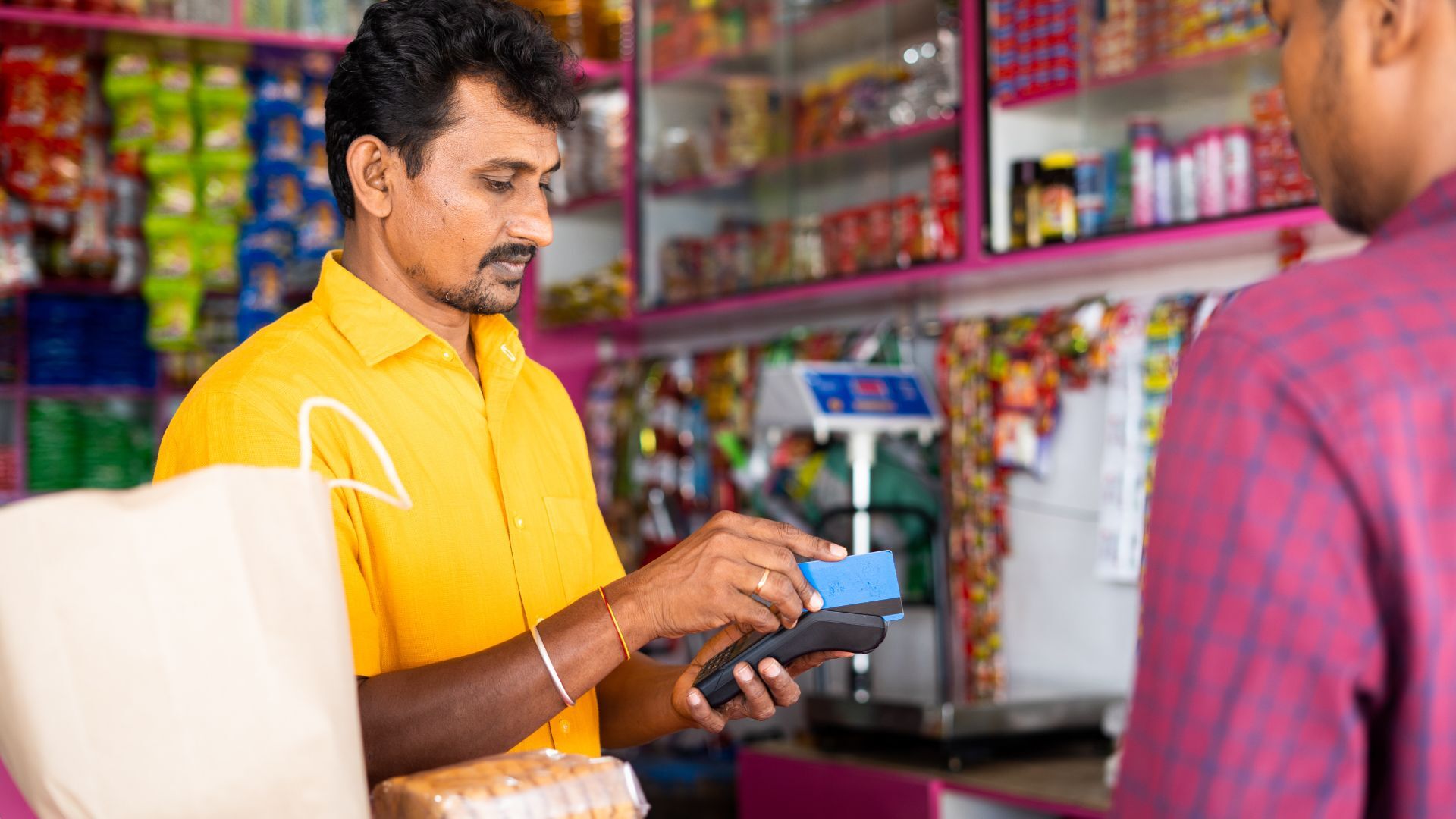
India’s retail and FMCG sector is navigating a dynamic phase, marked by both headwinds and opportunities. Festive sales, which usually pick up from Ganesh Chaturthi and Onam, have slowed as consumers hold off purchases in anticipation of GST cuts translating into lower prices. Meanwhile, India is modernising its inflation metrics by sourcing real-time data from e-commerce platforms like Amazon and Flipkart, acknowledging the growing share of digital consumption.
The structural shift towards online shopping continues to accelerate, with forecasts suggesting 40% of FMCG consumption will come via e-commerce by 2030. Alongside, the broader retail industry is set to nearly double to $1.93 trillion by 2030, buoyed by consumer confidence and regional demand.
Consumer preferences are also evolving rapidly. From experimenting with new FMCG categories to embracing smaller challenger brands, Indians are reshaping the competitive landscape. Global players, too, are adapting, with IKEA piloting smaller formats to reach deeper into India’s growing towns.
Click on the headings below for insights on how these trends are shaping India’s retail landscape…
1. Festive retail sales get hit, buyers await GST, price cut
The news of a reduction in goods and services tax (GST), while cheering consumers and companies, has also led to a peculiar problem for retailers - both offline (on ground) and online. Companies say that festive demand, that usually begins from Ganesh festival in Maharashtra and Onam in the south, is turning out to be a muted affair as buyers wait for the GST rates to actually come down, which eventually will see fall in retail prices.
2. India to tap Amazon, Flipkart data directly in inflation revamp, roll out services index
India will start sourcing price data directly from e-commerce giants including Amazon and Walmart-owned Flipkart to overhaul its benchmark inflation gauge, aiming to capture shifting consumption habits and address concerns that current data is outdated, the head of the statistics ministry said. The move could make India's retail inflation data more robust by accounting for prices on online platforms as their share in household spending rises.
3. Around 40% of all FMCG consumption in India to take place through online channels by 2030: Report
India's Fast-Moving Consumer Goods sector is changing. Online platforms may handle 40% of all consumption by 2030. Quick commerce drives this shift, especially in cities. Consumers now prioritize convenience. The middle class is growing, boosting spending. India's young population and economic progress support FMCG growth. Global companies are showing renewed interest. Rural areas are also growing fast.
4. Indian retail sector to reach $1.93 trn by 2030: Deloitte-FICCI report
Anchored by a deep home market which can act as a buffer against global trade volatility, the Indian retail sector is projected to nearly double to $1.93 trillion by 2030 from $1.06 trillion in 2024, growing at a compound annual growth rate (CAGR) of 10 per cent, according to a Deloitte–FICCI report.
5. Indian consumers snap up new FMCG categories as companies expand reach
Consumers across rural and urban India are increasingly experimenting with newer fast-moving consumer goods (FMCG) formats, ranging from fabric softeners and washing liquids to sauces, instant noodles, juices, and Western-style snacks. According to data from Worldpanel by Numerator (Kantar), household consumption across these categories increased significantly between 2021 and 2025, driven by a combination of buyers' aspirations and company efforts to make such products widely available.
6. Smaller FMCG brands outshine larger peers
Smaller fast-moving consumer goods companies continue to outperform their bigger rivals, aided by strong rural demand and easing inflation. The value and volume growth for manufacturers with an annual turnover of under Rs 100 crore was 21.5% and 12.7% in the June quarter, the best in six quarters, according to data from research agency NielsenIQ.
7. IKEA Pilots Smaller Store Format to Reach Wider Markets, Including India
Global furniture retailer IKEA is experimenting with a new store format designed to bring its offerings closer to consumers in smaller towns. The initiative, internally referred to as the “BARN” concept, could pave the way for hundreds of new locations across key markets, including India, according to Ingka Group Retail Manager Tolga Oncu.


 2 minute read
2 minute read


